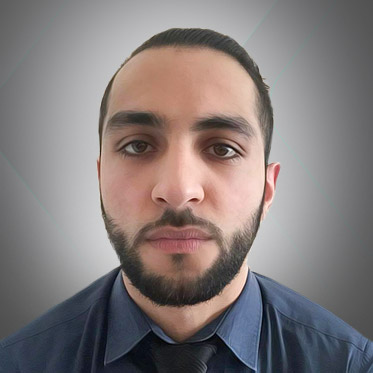Halabja commemoration questions Turkey’s ongoing genocide
.jpg)
TORONTO, Canada (Kurdistan24) – Members of the Toronto Kurdish community, Canadian politicians and distinguished guests attended the 28th commemoration of Halabja and Anfal on Sunday, March 13, 2016, at the North York Civic Centre in Toronto, Canada.
The event was organized by the Greater Toronto Area Kurdish House in collaboration with the Kurdish Community Centre of Toronto and the Kurdish National Congress of North America (KNCNA).
Proceedings began with a moment of silence to remember the lives lost on March 16, 1988, in Halabja, Kurdistan Region. Over 5,000 innocent civilians were killed when chemical bombs containing mustard gas, cyanide and sarin struck the city. This incident symbolized the broader Anfal campaign, which obliterated 3,000 villages, and killed over 180,000 Kurds and others over the span of a few years (1986-1989).
The main perpetrator was Ali Hassan al-Majid ("Chemical Ali"), who was directed to carry out the attack by former Iraqi president Saddam Hussein. The effects of that tragic day still resonate today as several thousand survivors and their children still suffer severe health complications and birth defects.
Although the event was meant to educate those present about Halabja in particular and the Anfal campaign in general, organizers made it clear that awareness about an ongoing genocide was on the agenda as well. Addressing the crowd to deliver his welcoming speech, President of the Kurdish House, Chato Wany, explained that it is necessary to “put rheumatic and political pressure on [the] Turkish government to stop the brutality” against Kurds in Kurdistan of Turkey.
After Wany’s speech, several Canadian Members of Parliament (MPs) shared their thoughts on Halabja and Anfal, including the current state of the Kurds and Turkey’s ongoing military operations.
Speaking to Kurdistan24, Canadian MP Sven Spengemann agreed that the Turkish issue is a difficult one to dissect but nonetheless needs to be addressed. “I think there are delicacies regarding recognition of crimes,” he cautioned.
“This is a political issue as much as it is a security issue [and] the most important thing is to try to quell tempers on both sides of the fence,” he added.
Spengemann acknowledged that it is “vulnerable” civilians who usually suffer and, as a result, “Canada should invest itself in making sure that calm is restored.”
Another guest at the event was former MP and current Councillor of Toronto Jim Karygiannis, who condemned the global community for not addressing the Turkish government’s current campaign against the Kurds.
“Being a member of NATO and being a member of G20…comes with duties and responsibilities, and you can’t shy away from them,” he told Kurdistan24. “The right to freedom of press, freedom of speech, freedom of religion, and freedom to practice [sic] your language—well, that’s not provided to Kurds.”
Asked why the international community has failed to label Turkey’s current crimes against Kurds as genocide, Karygiannis replied, “It doesn’t benefit us to talk against our NATO partner, [and] it doesn’t benefit us to call…them out, to call a spade a spade.”
The Councillor explained that Turkey’s control of the Black Sea, their desire to be part of the European Union, and their handling of the migrant and refugee crisis is how they are “blackmailing” the international community.
“They’re using [their] status to portray [a] false image in the world,” he said. “That campaign [against the Kurds] is systematic [and seeks] to get rid of, to kill [and] to take away the rights of the Kurds.”
Spengemann agreed that the issue in Kurdistan of Turkey is “disturbing” and explained that “pointing to the challenges” surrounding the problem is crucial. “It’s disturbing to see what’s going on and again, raising awareness is very important; political dialogue with Turkey will be important,” he told Kurdistan24.
The event concluded with a choir group singing in remembrance of the victims of Halabja and Anfal. As the violin strings composed their last melodies and the choir hit their final notes, there was an aura of agreement among the audience that perhaps there is hope that events like this—remembering victims of genocide—should not have to continue in the future.
“[These events] are very important to commemorate and remember, but they are becoming too often and too regular,” Karygiannis concluded.
Reporting by Karzan Sulaivany
Editing by Benjamin Kweskin and Ava Homa
.jpg)
.jpg)
.jpg)
.jpg)
